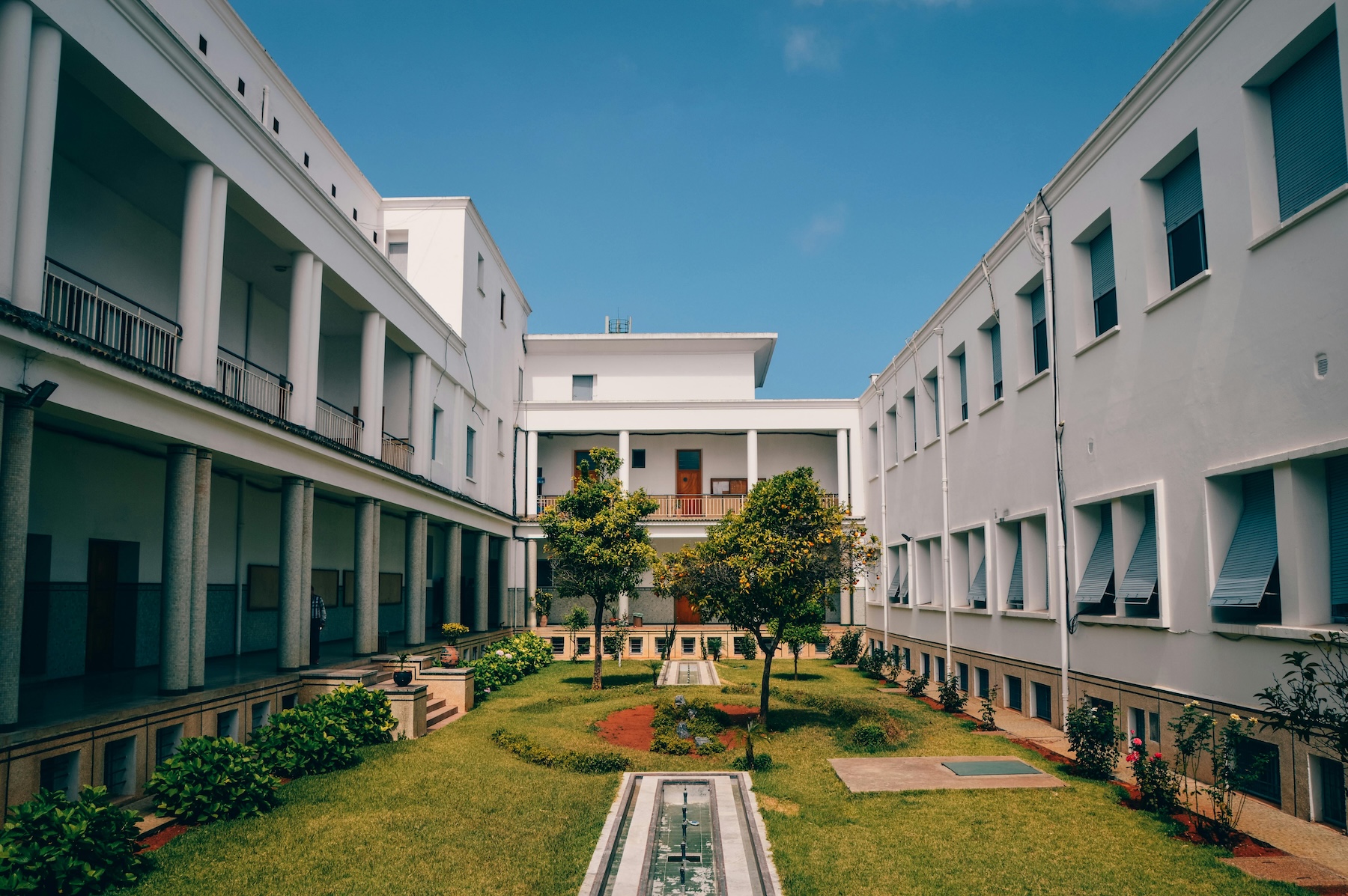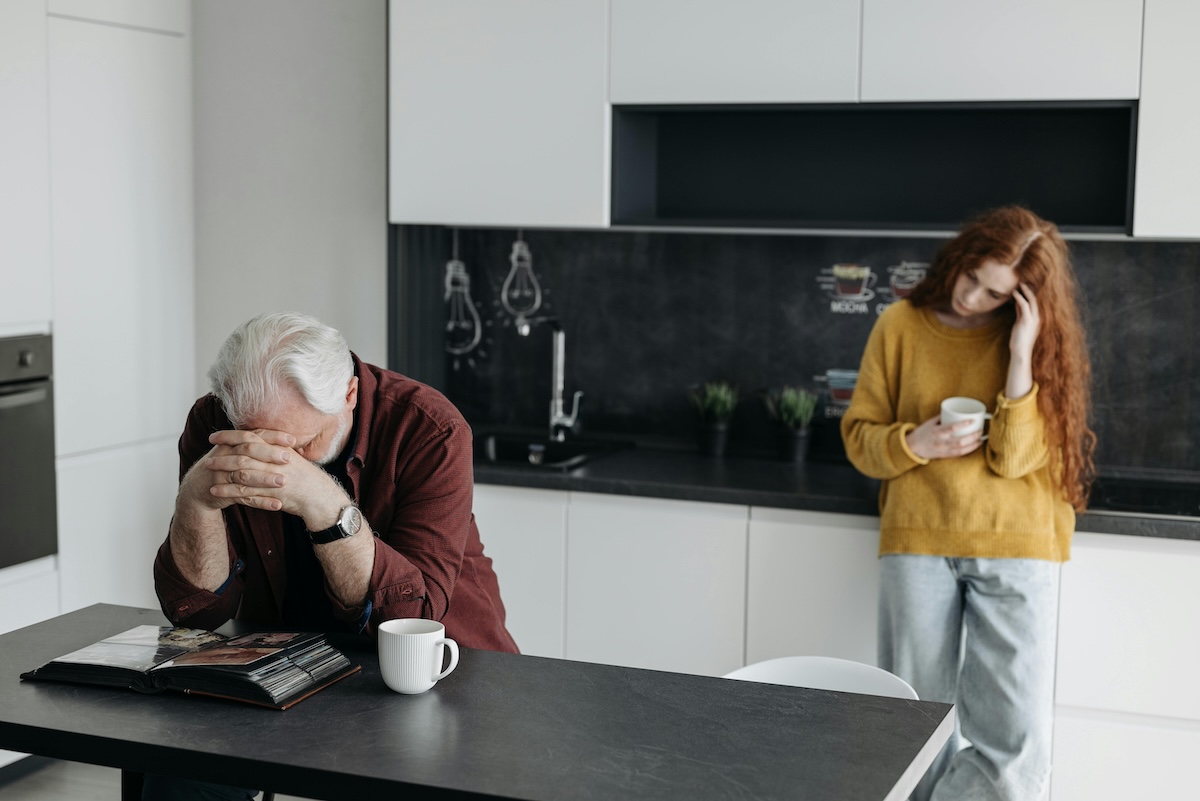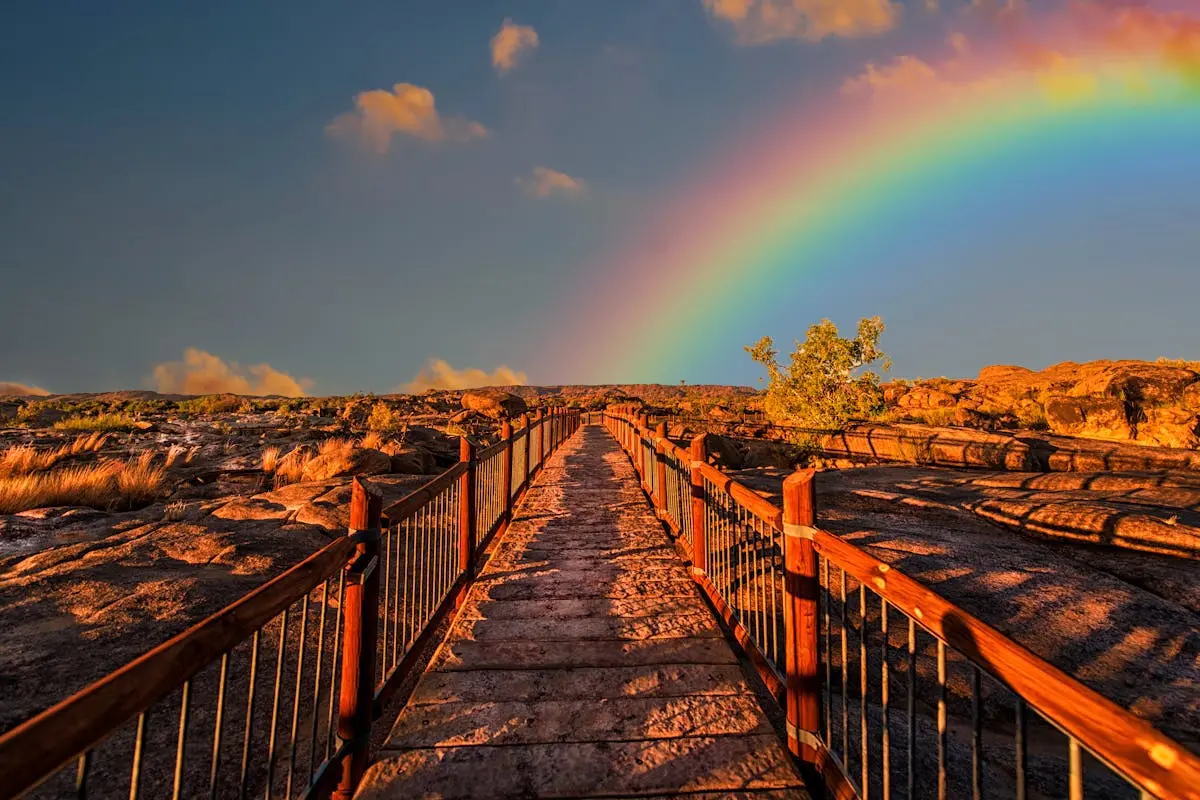






A sobriety community is not just a group of people who don’t drink or use. It’s connection. Its structure. It’s accountability. And yes, it’s also people who’ve been through something similar.
These communities, whether they’re in-person or online, can offer support that you didn’t even know you needed. Some days, that might mean a late-night text thread. Other times, it’s a routine, a shared ritual, like showing up to the same meeting every week. That consistency matters more than most of us expect, especially early on.

Finding one isn’t always simple, especially if you’re doing it alone. You could start with a Google search, “sober community near me” or something similar, but that’s just a first step.
You might check out local AA or NA meetings, or look into things like SMART Recovery if you’re looking for something non-spiritual. Some people find community in sober living homes or group therapy. There are also several sobriety apps to help connect with others and find recovery groups. Honestly, you might have to try a few things before one sticks. That’s normal.

Definitely. For people who don’t click with the idea of powerlessness or a spiritual higher power, there are options.
SMART Recovery uses cognitive behavioral tools. LifeRing is secular and peer-led. Recovery Dharma draws from Buddhist principles.Some people bounce between programs before they settle. Others blend them. And that’s fine. There’s no gold star for following one script. What matters is that it works for you.

You may start awkwardly. That’s just the truth. You show up to a meeting or a group event, maybe not even sure you want to be there. You sit through the silence. Eventually, you talk to someone. You keep coming back.
Sober friendships build slowly. They’re different than bar buddies, much deeper, and also more vulnerable. Volunteering, group therapy, and house meetings in sober living, these are the kinds of spaces where real connection can happen. But you can’t rush it. It takes what it takes.

That’s one of the most common things people say in early recovery. Honestly, even later, too. Feeling alone isn’t a sign you’re doing it wrong. It just means you need people, which is part of the deal.
Try a new meeting. Call someone even if it feels forced. Show up to a recovery event, even if you leave early. Some connections will feel flat. A few will surprise you. But you won’t find them by waiting alone for someone to reach out.

At first? It may feel weird. Let’s just admit that. Socializing without drinking can feel flat or forced, especially if you’re used to alcohol as a buffer.
But over time, and I mean real time, not two weeks, it gets better. Start with sober events. Look for recovery meetups, open mic nights, hikes, and board game nights (they exist). You might find that connection feels different without alcohol, slower, maybe more honest. Or you might not. That’s part of the work.
The truth is, drugs and alcohol are not as common in activities or events as we may think. Sure, they’re present, but it is a common misconception among addicts that drugs and alcohol need to be a part of everything. You’ll find that it's not that uncommon to socialize without it.






















